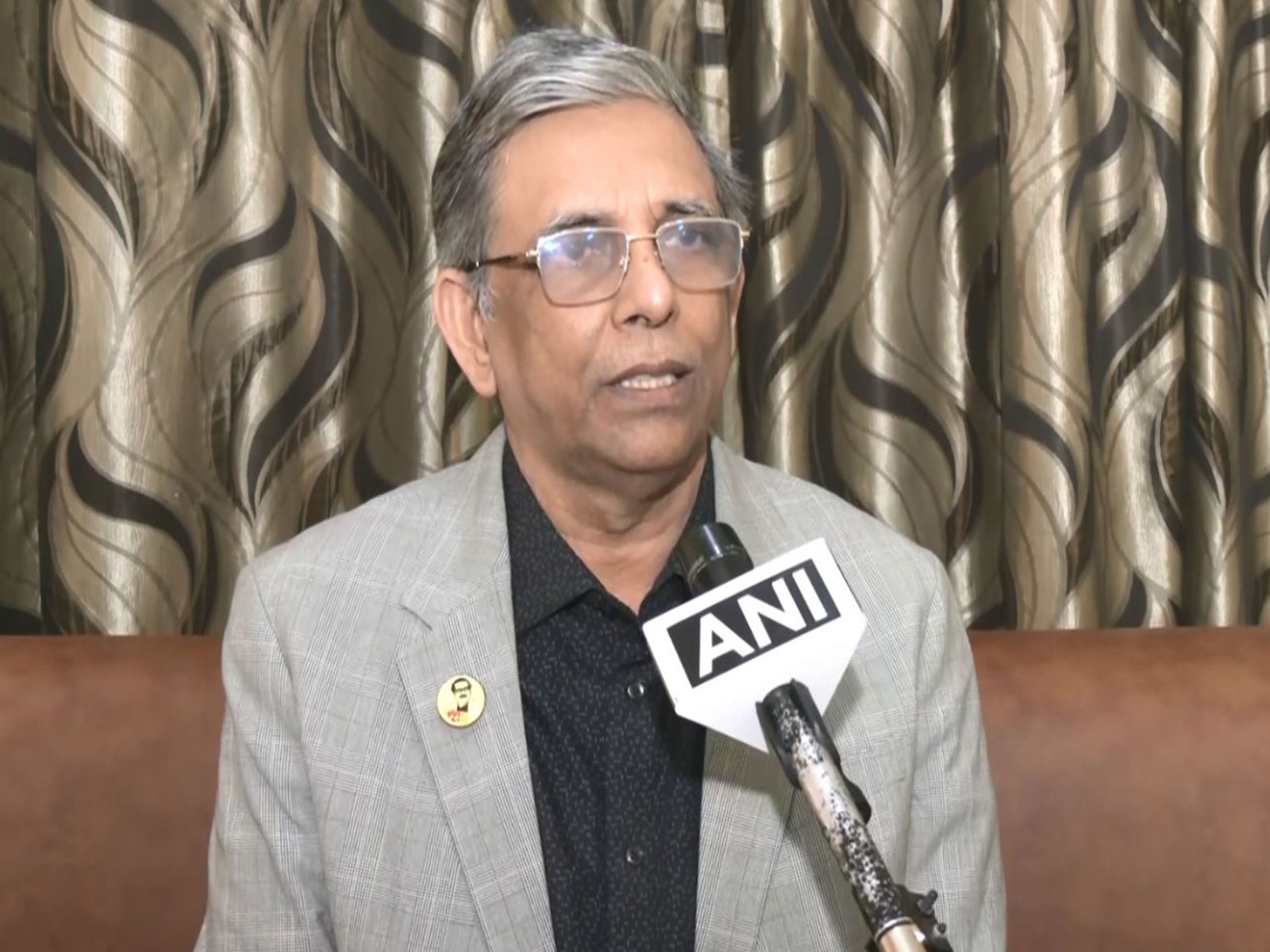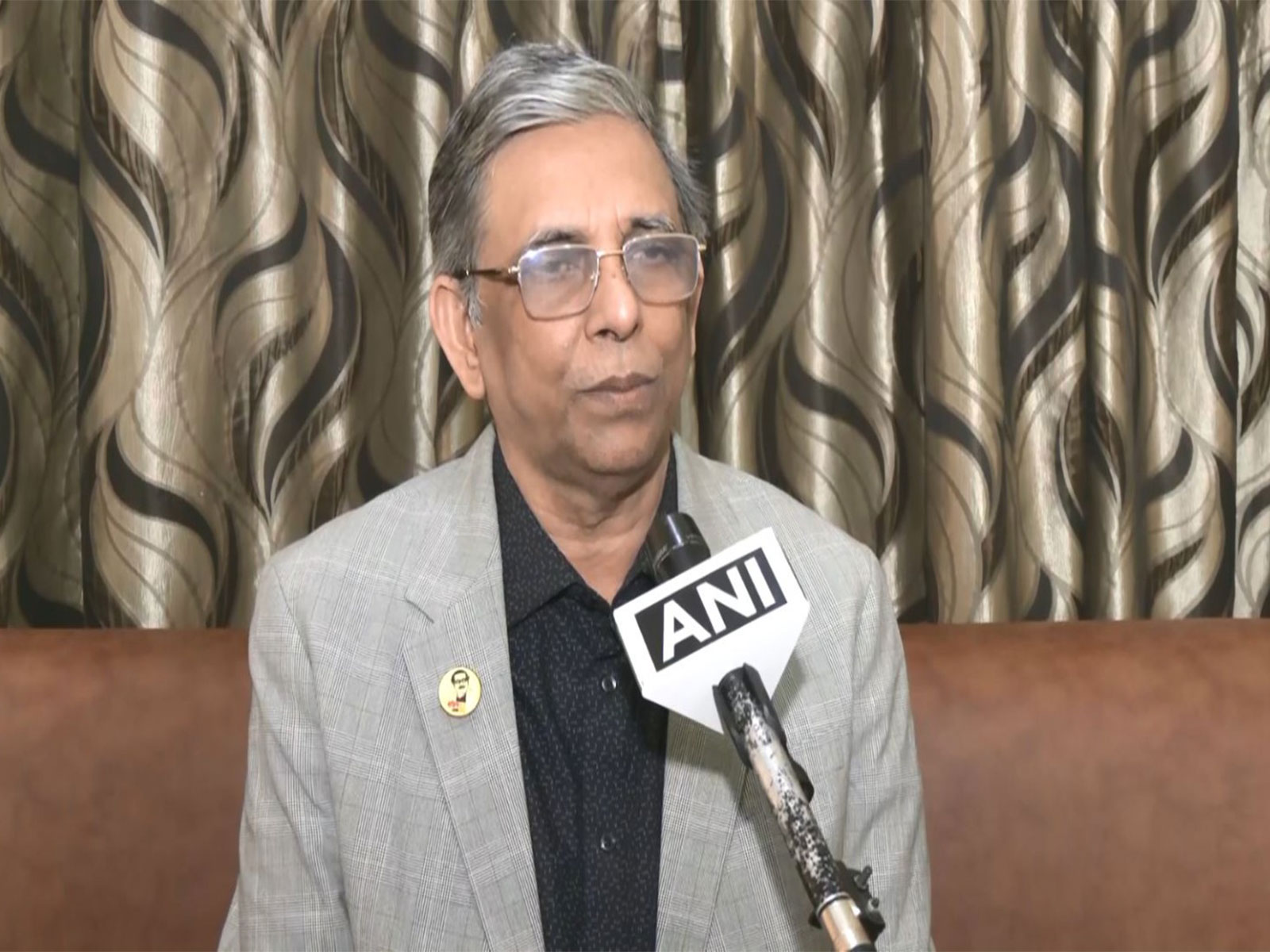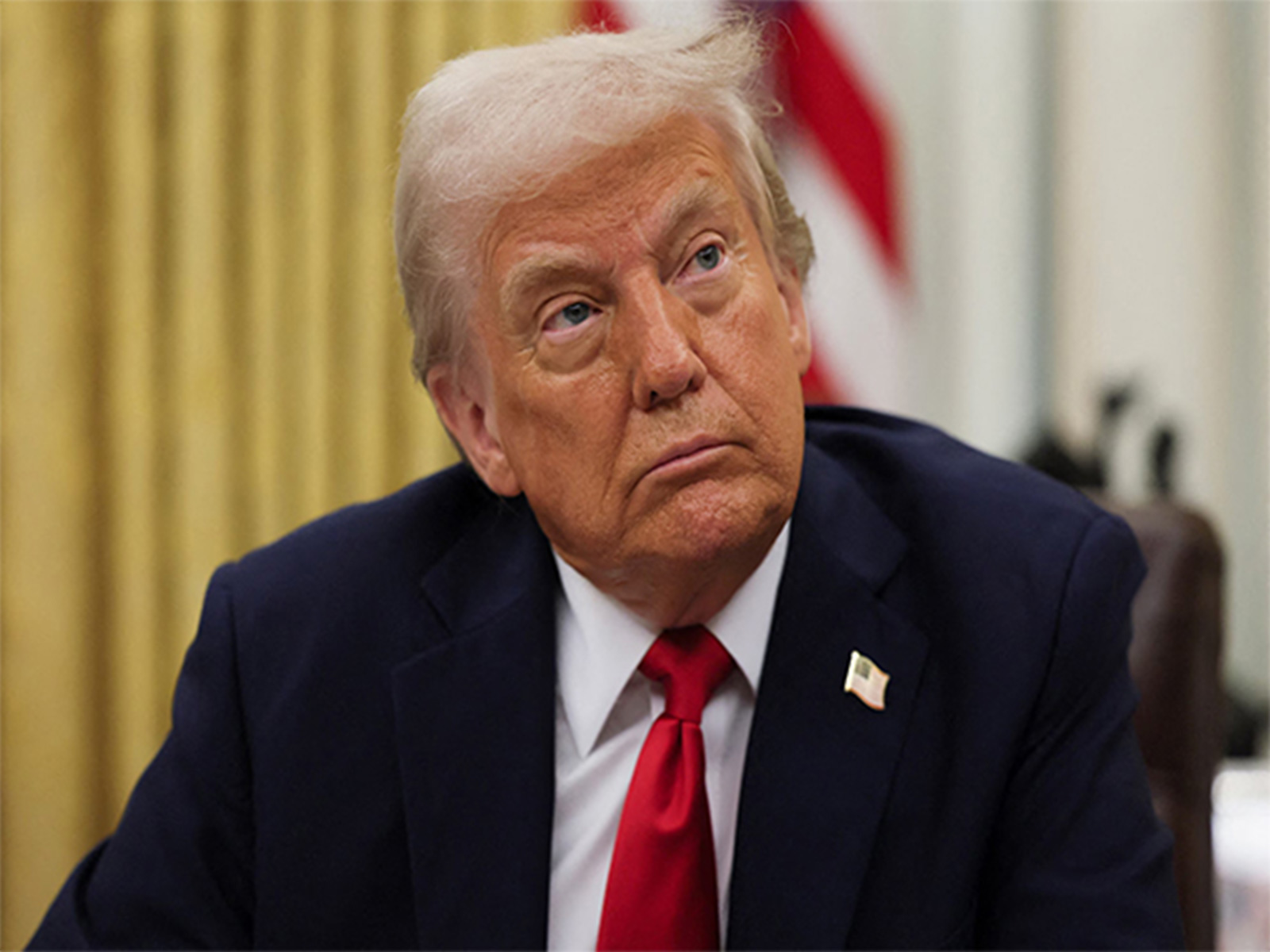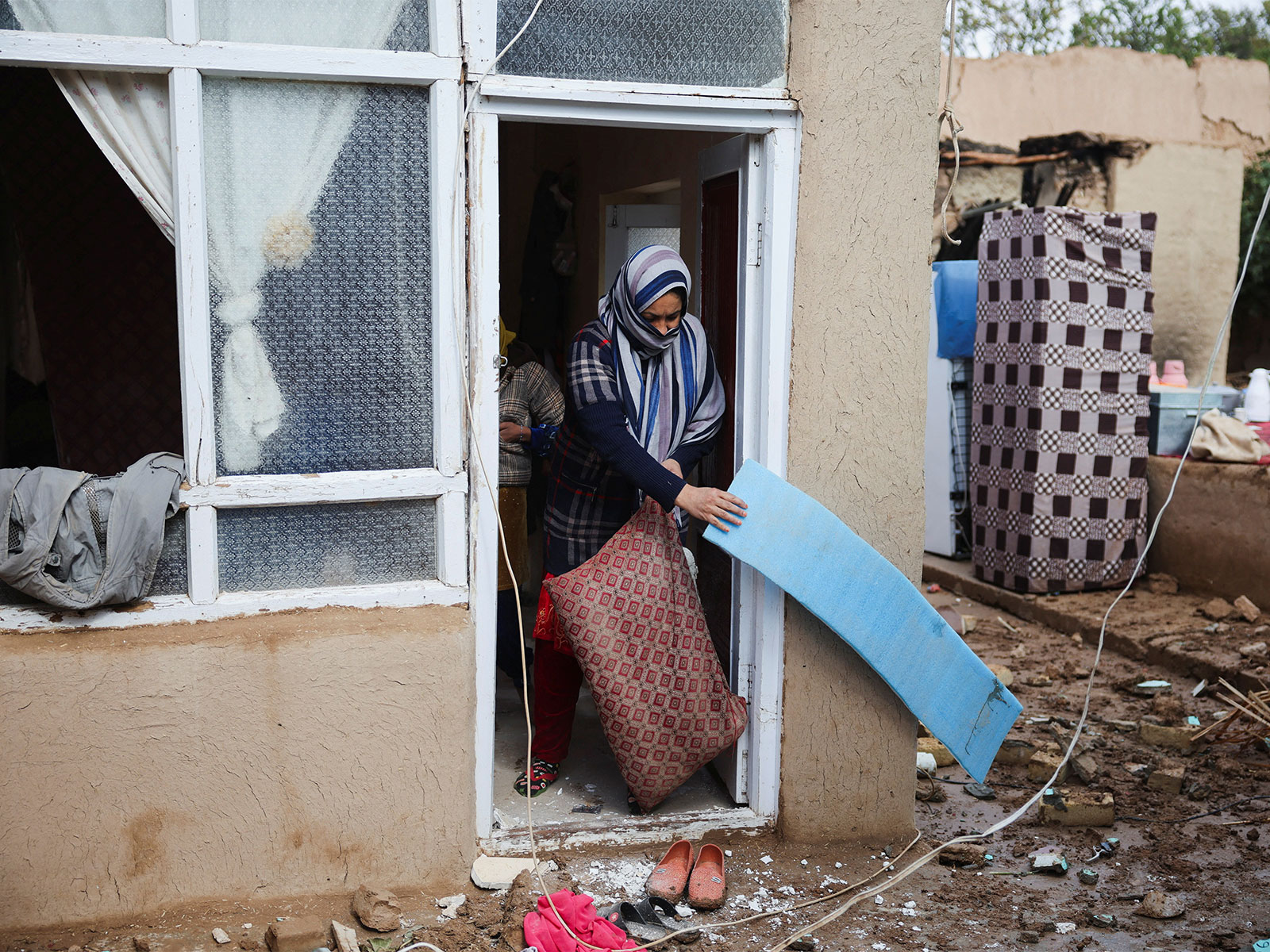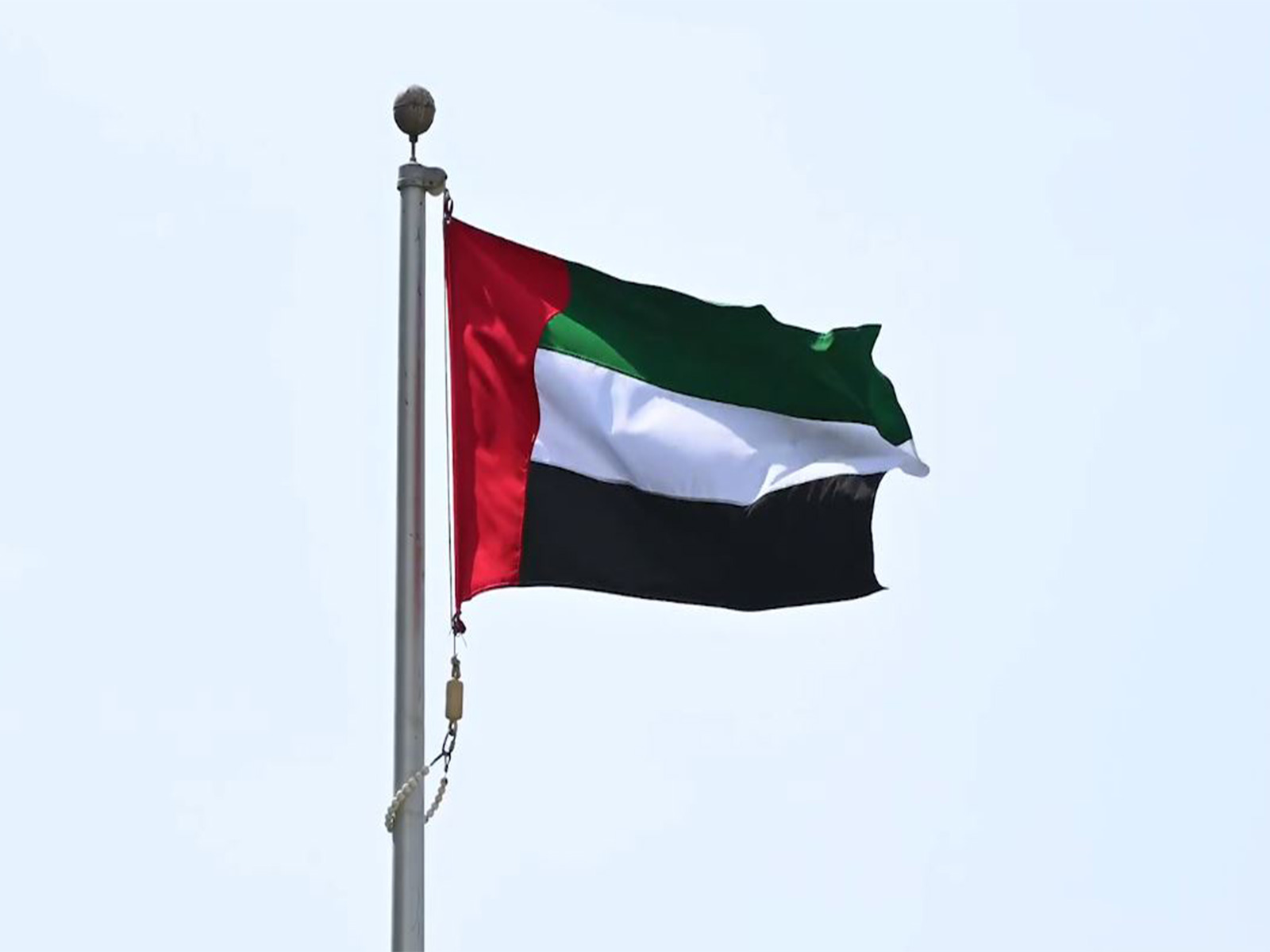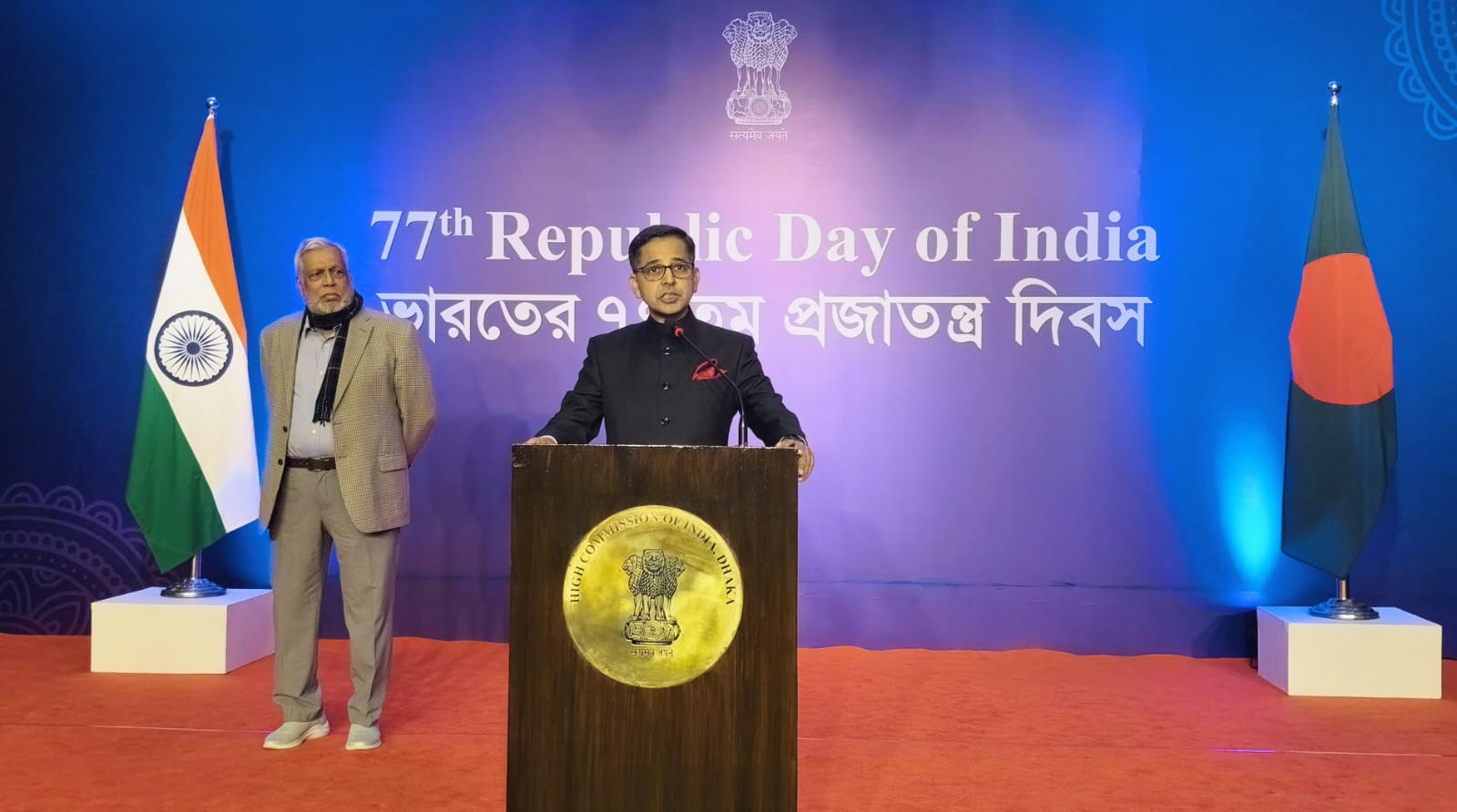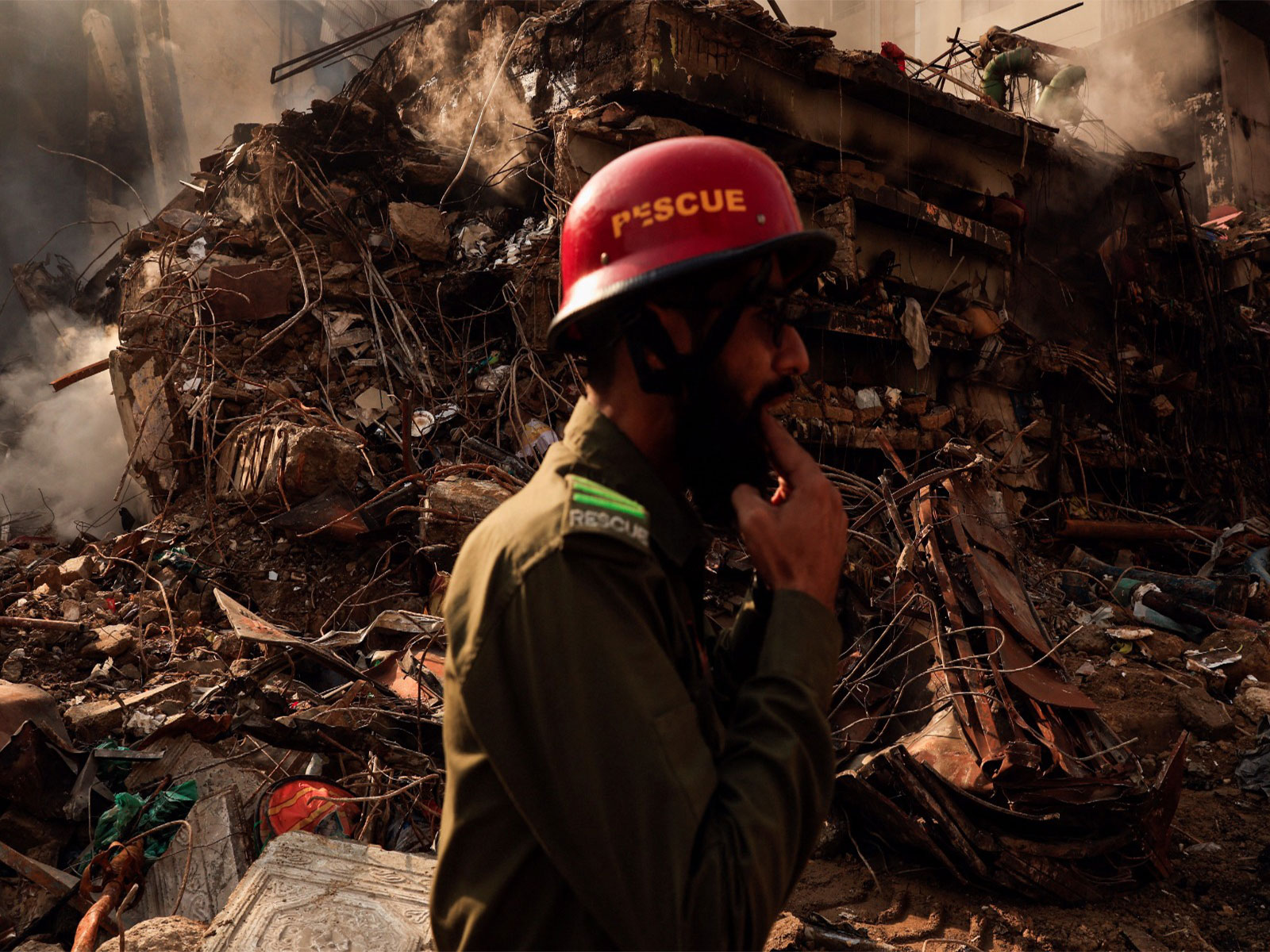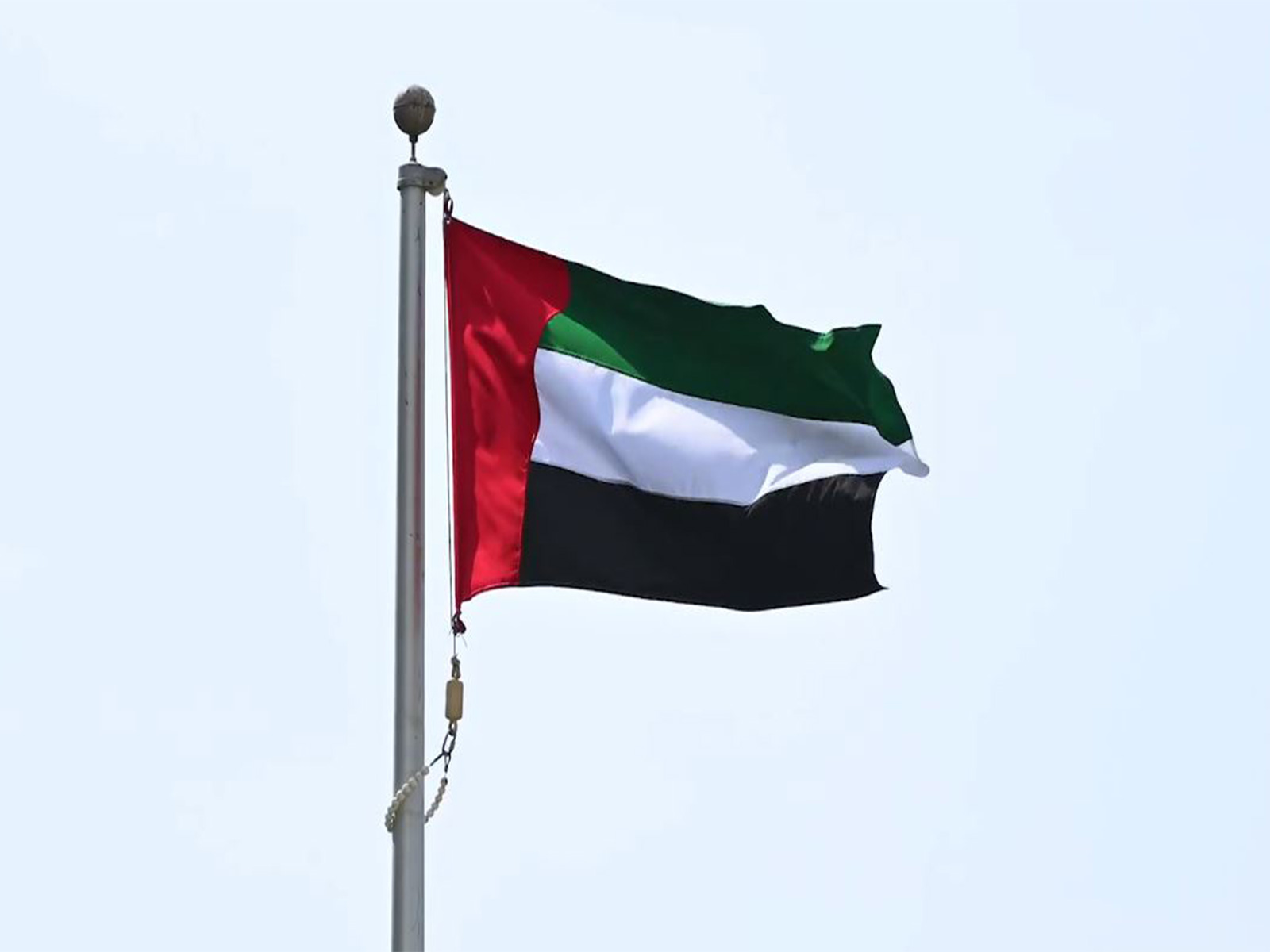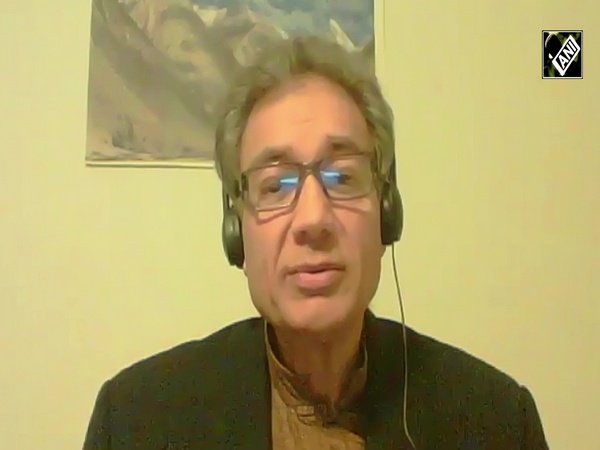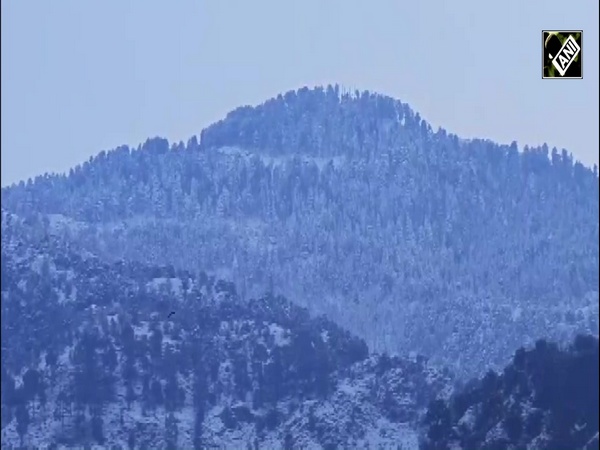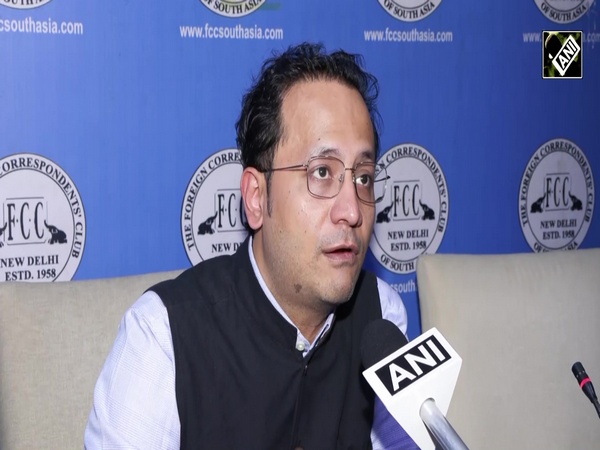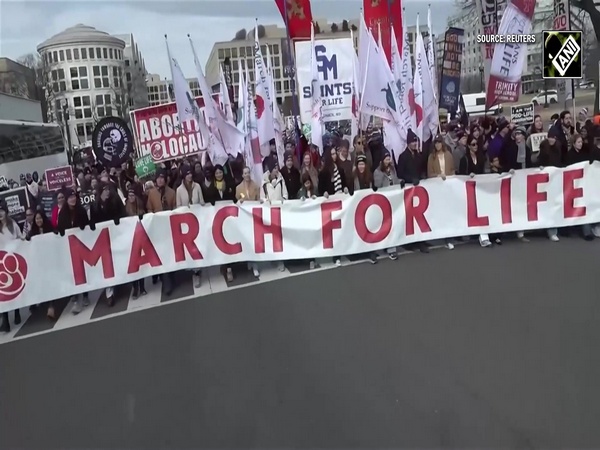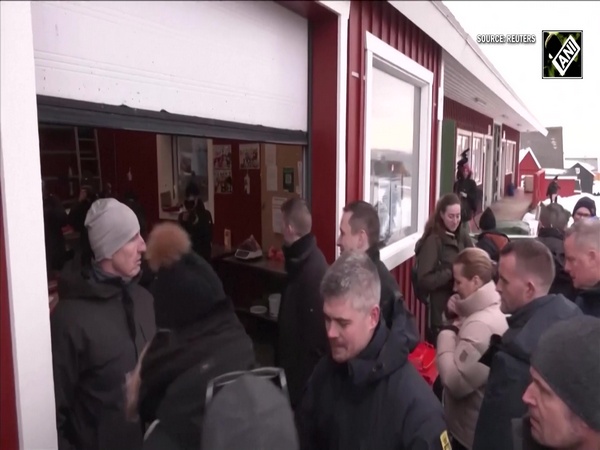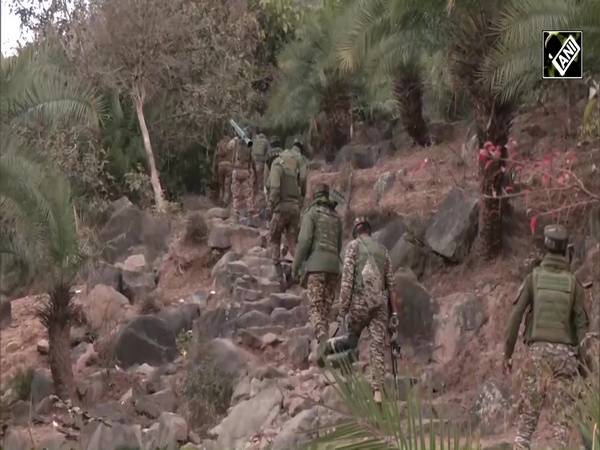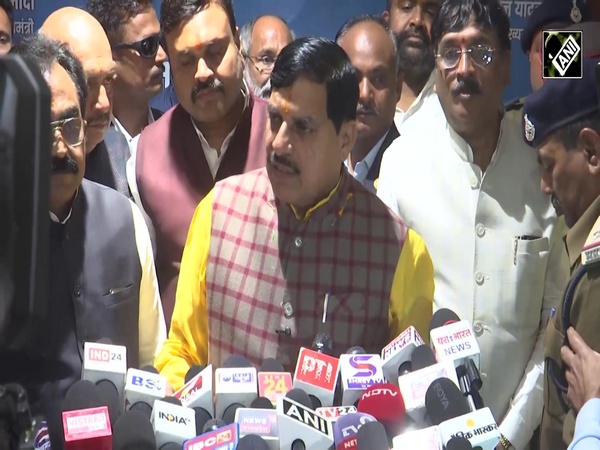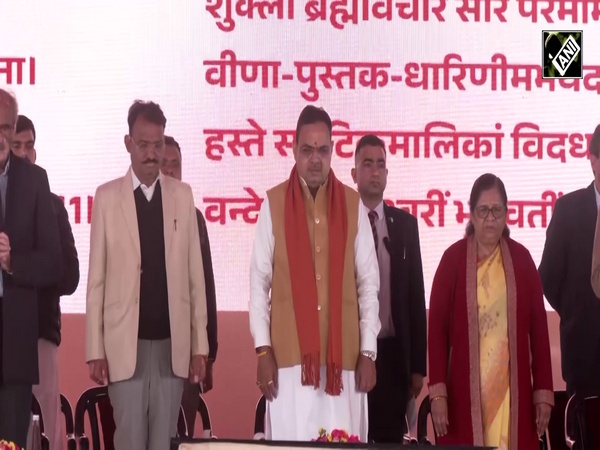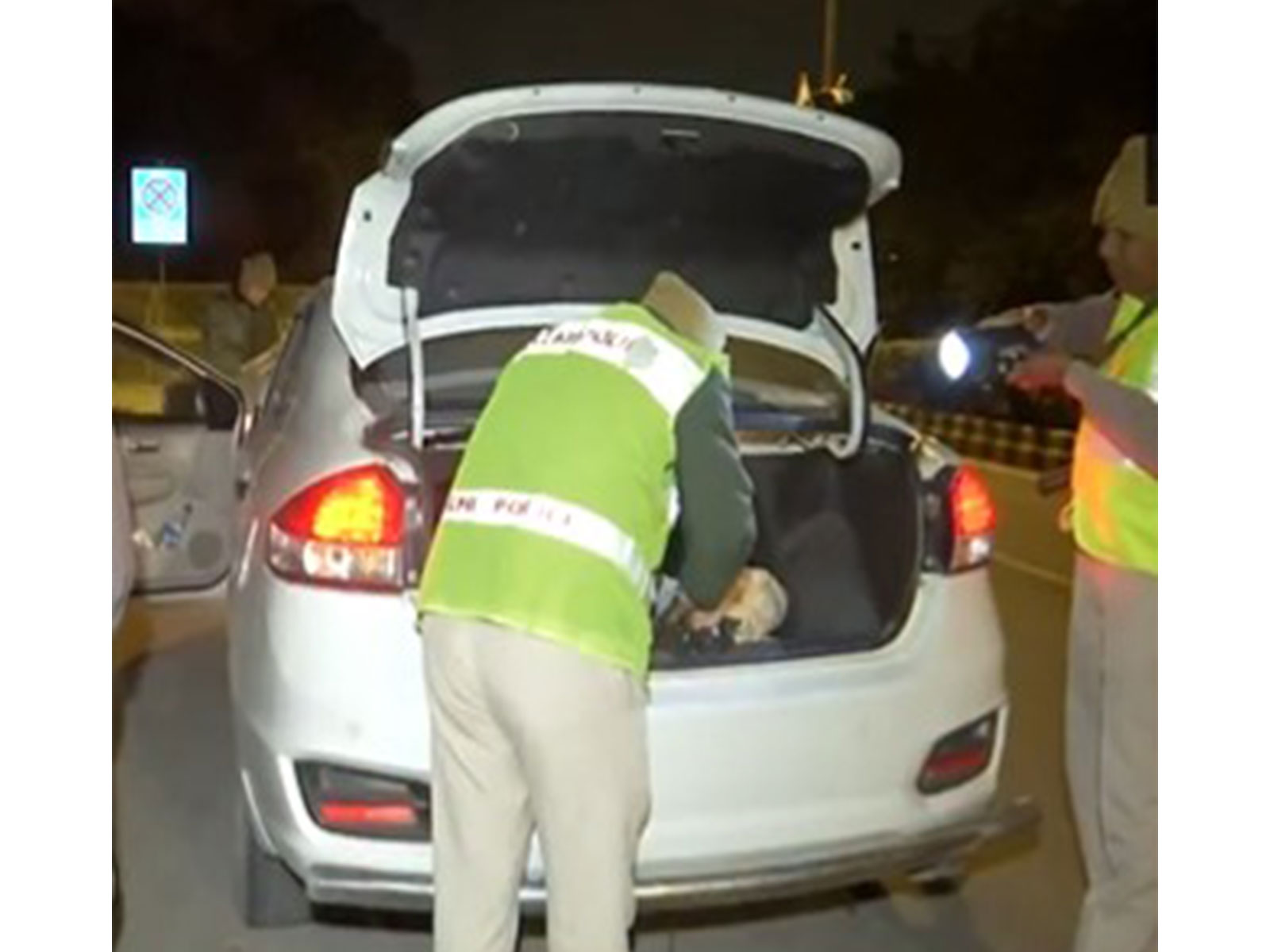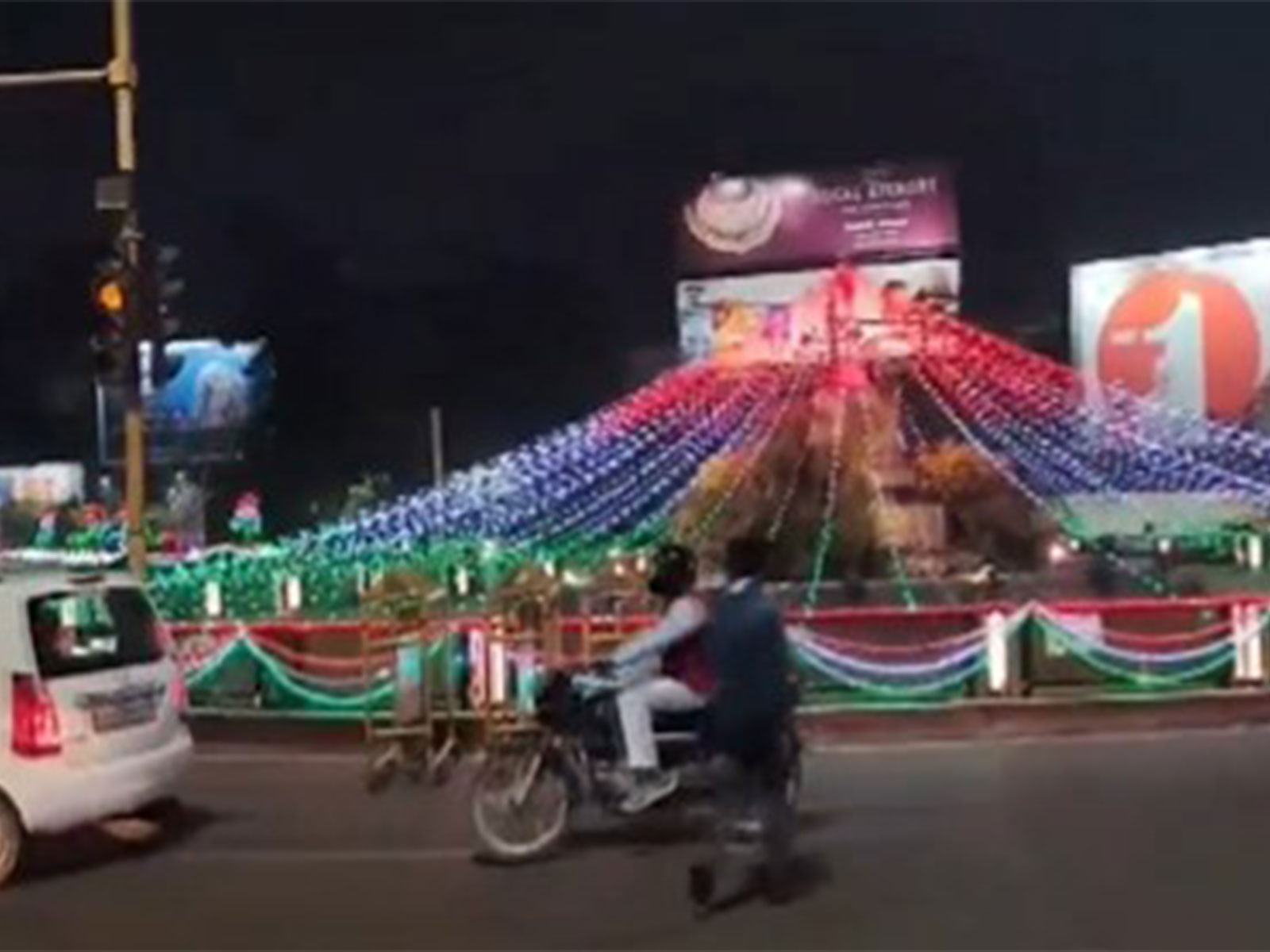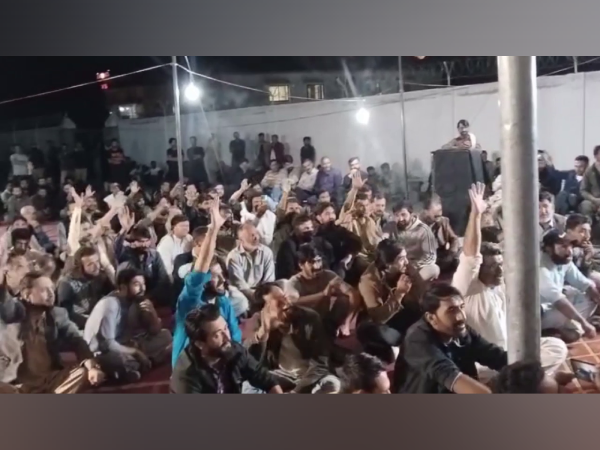
Seventeenth day of Hunza traders' sit-in brings cross-border movement to a standstill in PoGB
Aug 12, 2025
Hunza [PoGB], August 12 : The sit-in protest orchestrated by the Pak-China Traders' Alliance Action Committee has reached its 17th consecutive day, showing no indication of conclusion as traders remain resolute in their two-point demands. Political, social, and religious groups from all over Pakistan-occupied Gilgit Baltistan continue to arrive in convoys to express their solidarity with the protesters.
The ongoing demonstration has completely disrupted the land route between Pakistan and China, leading to significant hindrances in cross-border movement. Passengers and cargo vehicles on both sides have been stuck for several days, unable to make the journey between the two nations.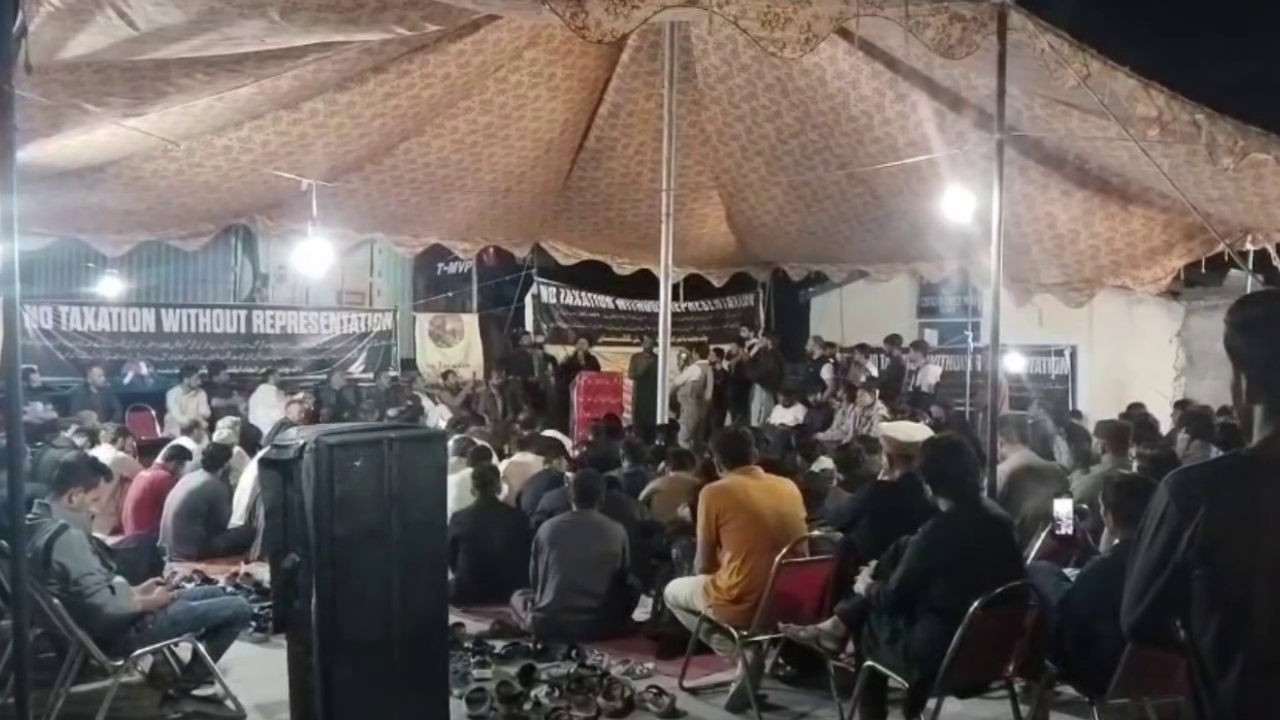
Dawlat Karim, a local businessman and representative of the Hunza Chamber of Commerce, responded to a recent statement made by an individual named Iman Shah, who, according to Karim, wrongfully claimed to represent Hunza and criticised local enterprises. Karim vehemently denounced the comments, asserting that his disapproval reflects the views of the Hunza Chamber of Commerce, all businesses in Hunza, and all businesses in PoGB.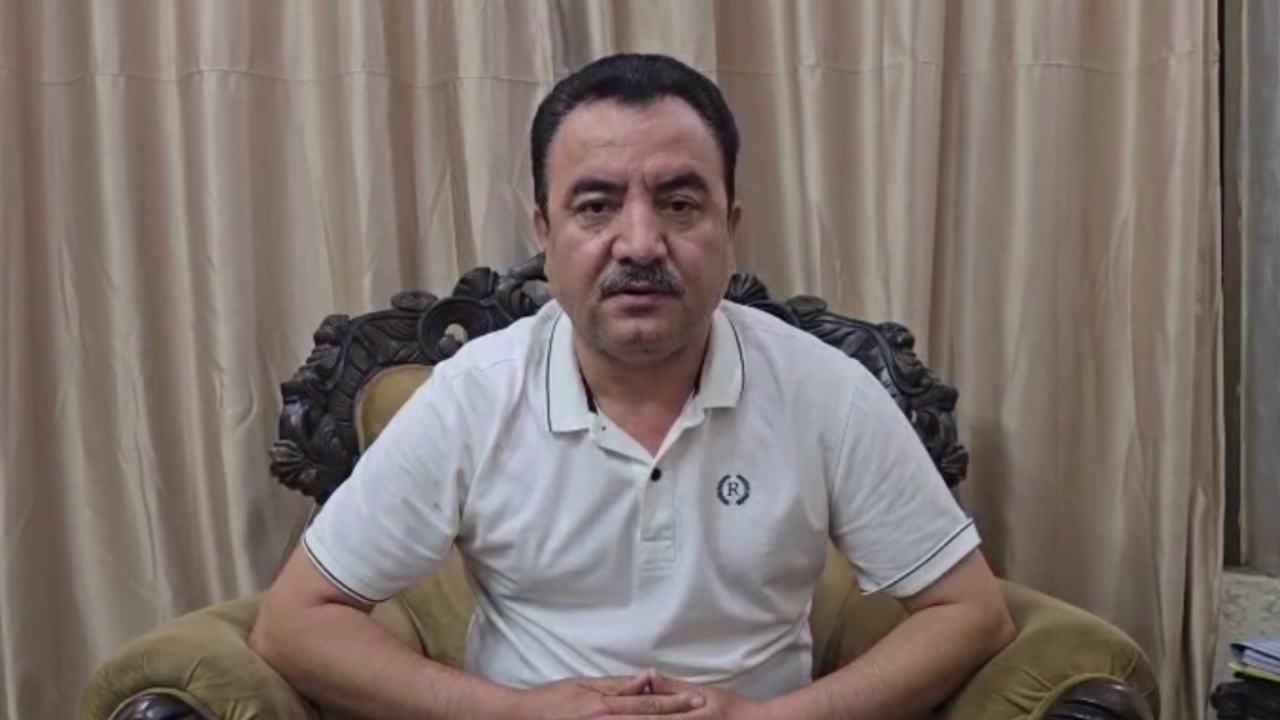
Karim alleged that when Shah served as a clerk at the Dry Port on a salary of Rs. 22,000, he acted against the interests of the Hunza people, putting "the whole of Hunza at risk." He accused Shah of siding with "unproductive individuals" at the Dry Port and stated that Shah's history includes improper conduct towards stakeholders. "History will never forget that," Karim stated, adding that Shah knows nothing about border trade, Pakistani laws, or the jurisdiction of PoGB.
Disputing any claims that Hunza traders are involved in smuggling, Karim claimed that Shah himself participated in smuggling activities during his tenure at the port. "We conduct our business with integrity," he asserted, highlighting that traders in PoGB pay taxes on every item they import, even noting that the blanket one uses at night incurs sales tax, income tax, regulatory duty (RD), and other levies. "If you don't understand what RD means, educate yourself," Karim remarked.
Karim elaborated that many shopkeepers in PoGB end up sourcing goods from Lahore instead of China because importing from China incurs higher costs due to heavy taxation at the border. He pointed out that items bought in China can be subjected to 100 per cent taxation, making them pricier than products obtained within Pakistan.
He emphasised that border trade serves as a vital resource for PoGB, offering livelihoods to thousands. According to him, 60% of Hunza's youth are employed along the border, and the economic stability of the region hinges on this trade route. Karim charged that Shah lacks the right to comment on trade issues since "we have not given you any representation," mentioning that Shah has resided in a different city in PoGB for over thirty years and "does not share in the struggles of the Hunza people."
The central aim of the protest is the abolition of what traders label as "illegal taxes" levied on the inhabitants of PoGB. Karim confirmed that the traders will persist with their sit-in until their demands are satisfied, pledging to uphold their position within the boundaries of the law. "Let the citizens of Gilgit-Baltistan claim their legal rights," he reiterated, emphasising that no amount of misinformation or false representation would thwart their fight.
At present, the stalemate persists, and with no official response from the authorities, the economic and logistical paralysis caused by the blockade remains a critical issue for both sides of the Pakistan-China border.
